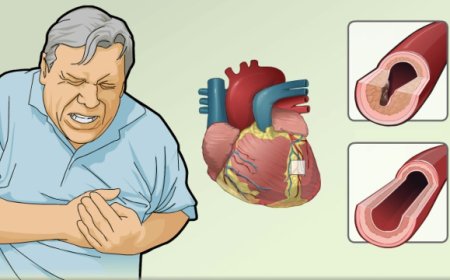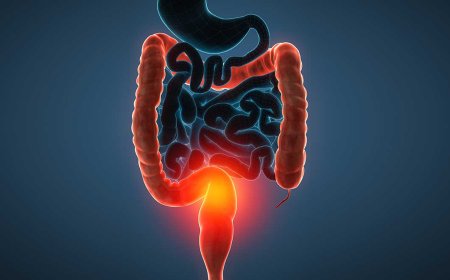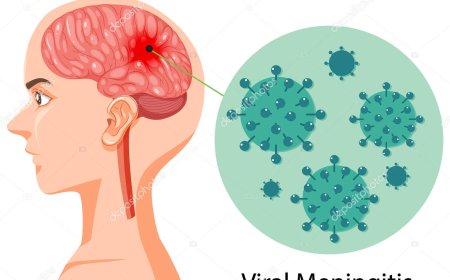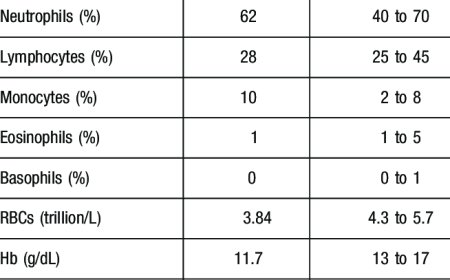Night Eating Syndrome

Introduction:
In the vibrant land of India, where delicious aromas fill the air, some individuals face a unique challenge called Night Eating Syndrome (NES). Today, we will explore the world of NES, its significance, classifications, causes, triggers, risk factors, types, the importance of diagnostic tests, treatments, complications, and some simple ways to understand and tackle this syndrome, ensuring a balanced and healthy lifestyle for all in India. So, let's embark on a journey of knowledge, empathy, and support, where we embrace understanding and awareness for those dealing with Night Eating Syndrome, helping them overcome their nighttime hunger.
What Is Night Eating Syndrome? :
Night Eating Syndrome is like a midnight snack adventure, where individuals consume a significant portion of their daily caloric intake during the late-night hours. Unlike occasional late-night snacks, NES involves a pattern of eating that disrupts sleep and daily eating habits.
How Is Night Eating Syndrome Classified? :
Night Eating Syndrome can be classified based on the frequency and severity of symptoms. Some common classifications include:
- Mild NES: Individuals with mild NES may occasionally engage in nighttime eating.
- Severe NES: Those with severe NES experience frequent and disruptive nighttime eating habits.
Signs and Symptoms:
Identifying Night Eating Syndrome can be like solving a mystery. Some common signs and symptoms include:
- Frequent Awakenings: Individuals with NES wake up multiple times during the night to eat.
- Loss of Appetite in the Morning: People with NES often have little or no appetite in the morning.
Causes and Triggers:
The reasons behind Night Eating Syndrome can be like a puzzle waiting to be solved. Some common causes and triggers for NES in India include:
- Stress: Emotional stress can lead some individuals to seek comfort in late-night eating.
- Irregular Eating Habits: Erratic meal timings or skipping meals during the day may contribute to nighttime hunger.
Risk Factors with Examples:
Certain factors can increase the risk of Night Eating Syndrome, just like some children may be more prone to catching a cold during the monsoon season. Some risk factors include:
- Sleep Disorders: Individuals with sleep disorders, such as insomnia, are at a higher risk of developing NES.
- Emotional Eating: Those who rely on food to cope with emotions may be more susceptible to NES.
Types of Night Eating Syndrome with Detailing for Each Type:
Night Eating Syndrome can vary in severity and duration. Some common types include:
- Primary NES: Individuals with primary NES experience nighttime eating without any underlying medical condition.
- Secondary NES: Secondary NES may arise due to other health issues or medication side effects.
Diagnostic Tests and Treatments:
To diagnose Night Eating Syndrome, healthcare professionals may conduct a thorough assessment and may recommend:
- Food Diary: Keeping a record of eating patterns can help identify nighttime eating habits.
- Psychological Evaluation: A mental health assessment may be done to understand emotional triggers.
Complications of Night Eating Syndrome and Prevention Techniques:
Night Eating Syndrome can lead to weight gain and disrupt sleep patterns. To prevent complications, individuals can try simple techniques like maintaining regular meal timings and seeking support from loved ones.
Night Eating Syndrome might be a unique challenge faced by some individuals in India, but with understanding and support, they can conquer their nighttime hunger. Just like caring friends and family, we can provide empathy and encouragement to those facing Night Eating Syndrome, helping them adopt healthier eating habits and enjoy restful nights. By spreading awareness and embracing understanding, we can ensure a nation where nighttime hunger is balanced, and individuals can savor delicious meals with joy and satisfaction during the day, ensuring peaceful and nourishing nights for all in India.
What's Your Reaction?
 Like
0
Like
0
 Dislike
0
Dislike
0
 Love
0
Love
0
 Funny
0
Funny
0
 Angry
0
Angry
0
 Sad
0
Sad
0
 Wow
0
Wow
0









































































